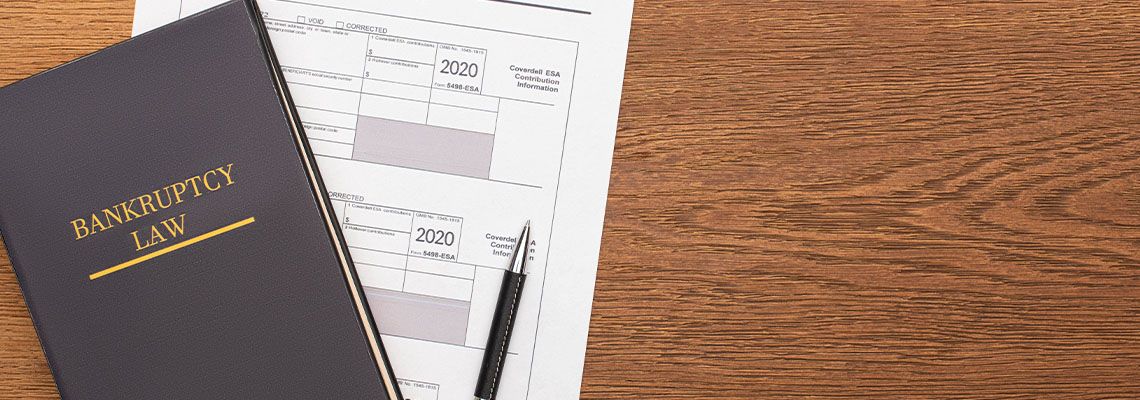
Will Bankruptcy Discharge My Tax Debt?
Anyone contemplating filing for bankruptcy should take the time to thoroughly evaluate all their options before making a final decision. Although bankruptcy can be the right choice for many people, it’s essential to understand both the benefits and drawbacks of filing. This is especially true when it comes to what debt you’ll be able to discharge and how tax debts will be affected. To speak with an experienced bankruptcy attorney in the Fayetteville or Fort Smith, Arkansas, area, reach out to us at the Bond Law Office today.
Taxes in Chapter 7 Bankruptcy
Chapter 7 bankruptcy, also called “liquidation bankruptcy” is one of the most common options for individuals. To discharge debt using this chapter, you’ll be required to sell off (liquidate) any non-exempt assets and use these proceeds to pay down your debt before a judge will discharge any remaining debts.
This option is best for those who don’t have a lot of assets and who have mostly consumer debt such as credit cards, personal loans, medical bills, past-due rent or utilities, or some past tax debt. To file for Chapter 7, you also must fall within a certain income requirement, namely that your gross monthly income must be less than the median for a similar family size in the state. If you exceed this, your only option will be filing under Chapter 13.
If you’re interested in discharging tax debt under Chapter 7 it must meet the following requirements:
The debt must be at least three years old
You must have filed your individual return for the taxes you’re hoping to target
The tax debt must be free from any fraud or tax evasion
Only income tax debt is eligible to be discharged. Tax liens, property taxes, or certain employment tax debts are not dischargeable.
Taxes in Chapter 13 Bankruptcy
Individuals may wish to file under Chapter 13 bankruptcy, also called a “wage earners” plan. Under this chapter, you’ll be able to keep your assets and first establish a repayment plan to systematically pay down your debts over a three to five-year period.
After this period has ended, any remaining dischargeable debt will be wiped out. Similar to Chapter 7, only income tax debt is eligible for discharge and it must meet the same requirements. The only difference is that some of your tax debt may be included in your installment plan which can help reduce your overall debt burden.
Taxes in Chapter 11 Bankruptcy
Chapter 11 bankruptcy is typically reserved for businesses though there may be some high-earning individuals who can qualify. This chapter is also referred to as “reorganization” bankruptcy and works in a similar manner to Chapter 13 in that the business will establish a repayment plan with its creditors that it must follow for a set period of time.
During the repayment period, the business can stay operational, file taxes, and generate income to help pay down its debts. During this time, the government may elect to hold back some of the business’s tax returns to satisfy debts. In general, most corporations won’t be able to discharge too much (if any) tax debt, but it’s always worthwhile to meet with a bankruptcy lawyer to have your specific circumstances evaluated.
How a Bankruptcy Attorney Can Help
If you have questions about filing for bankruptcy either as an individual or a corporation and want to know more about how your tax debt will be affected, call us at the Bond Law Office to schedule a consultation. With locations in both Fayetteville and Fort Smith, Arkansas, we’re able to represent clients throughout the River Valley including Harrison, Eureka Springs, Clarksville, Waldron, Mena, and Van Buren.
